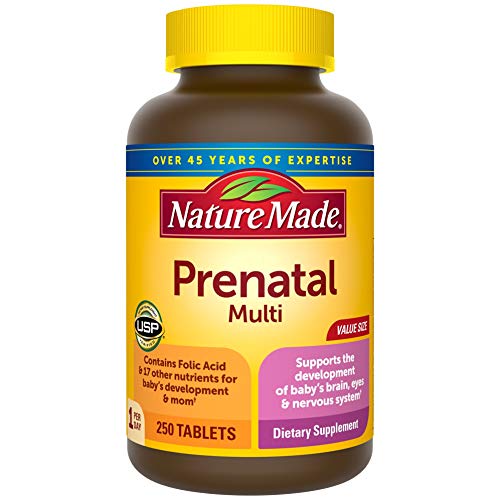Disclosure: This post may contain affiliate links, meaning we get a commission if you decide to make a purchase through our links, at no cost to you. Please read our disclosure for more info.
Becoming pregnant is an incredible experience, but it’s completely normal to feel stressed about what is yet to come. With many common health problems that can occur, it’s normal to want to learn as much as possible.
In this article, we’ll take a look at six common health problems that can occur during pregnancy.
In This Post:
1. Anemia
Anemia occurs when the body experiences iron deficiency and is most common in women. It is common during pregnancy, as your body requires almost double the amount of iron to supply oxygen to your baby. Symptoms of anemia can include fatigue, chest pain, headache, shortness of breath, and dizziness. To prevent this condition, you should consider eating more iron-rich foods, and remember to take your prenatal vitamins (as these generally contain iron).
2. Gestational Diabetes
Gestational Diabetes occurs when a pregnant woman experiences high blood sugar levels. However, you can easily control this with a healthy diet and regular exercise. Your doctor should regularly check you for Gestational Diabetes during your checkups, but you should also keep an eye out for frequent urination and increased thirst as a symptom.
Cardiac arrest can also occur during pregnancy, so it’s a good idea to learn more about it. Check out cpr pregnancy for more information, so that you can prepare yourself for every scenario.
3. Preeclampsia
Preeclampsia commonly occurs during the second half of the pregnancy and is a result of high blood pressure. Generally, most individuals don’t know they have it until their doctor checks them during a checkup. Preeclampsia comes with many risk factors, so it’s vital that you seek treatment as soon as possible. You may experience symptoms such as swelling of the face and feet, vision problems, and dizziness.
4. Morning Sickness
is considered one of the most common conditions that can occur during pregnancy but usually goes away after the first few months. You may experience nausea and vomiting as a result of hormone changes; however, this shouldn’t affect your baby. Treatment can vary, but it ultimately depends on what helps you the most.
5. Placenta Privia
When a baby’s placenta either entirely or partially blocks the mother’s cervix, it is known as placenta previa. This can cause heaving bleeding before and during labor, so you may be placed on bed rest. If it does not resolve on its own, a c-section will be required to deliver the baby.
6. Preterm Labor
Preterm labor can sometimes lead to a premature birth and occurs after week 20 but before week 37. There are risk factors associated with this, but most hospitals have special care units for premature babies. If you notice any symptoms, including contractions, aches, pains, and slight bleeding, you should contact your doctor immediately.
By reading the above, you can help yourself be as prepared as possible for your new arrival. You’ll know what symptoms to look out for and what prevention methods can be used so that you can move stress-free throughout this pregnancy. Good luck! And make sure you keep seeing your GP for regular checkups.







